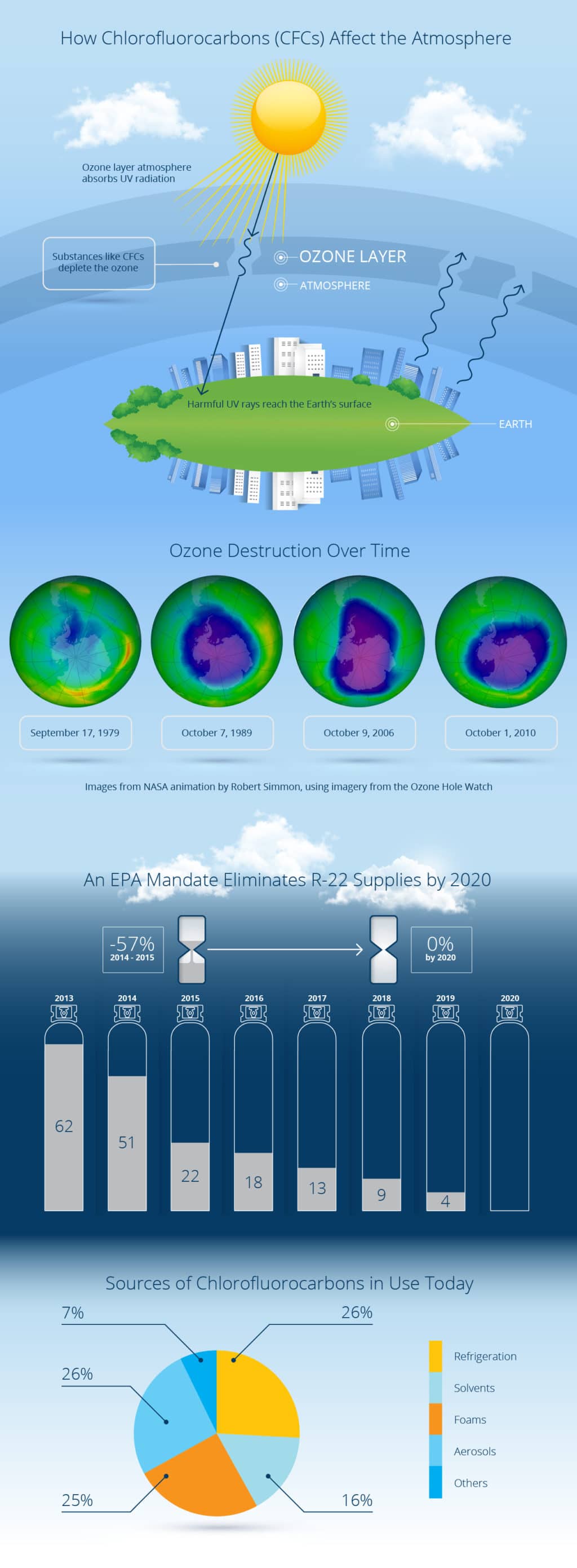Analyzing Climate'S Function In Heatpump Effectiveness And Recommendations For Optimization
Analyzing Climate'S Function In Heatpump Effectiveness And Recommendations For Optimization
Blog Article
Material Writer-Jacobs Ogle
When it pertains to your heatpump, weather condition plays an essential function in its efficiency. From freezing temperature levels to sweltering heat, each aspect can influence just how successfully your system operates. Yet what can you do to deal with these weather-related difficulties and ensure your heat pump is working at its finest? Stay tuned to uncover practical ideas and techniques to optimize your heat pump's performance, despite the weather conditions it encounters.
Weather Factors Affecting Heat Pump Efficiency
Weather condition aspects have a considerable influence on the performance of heat pumps. One important factor is temperature. Heat pumps function by moving warmth from outdoors to within throughout winter and the other way around in summer. As temperatures drop, it comes to be harder for the heatpump to extract warm from the outside air, lowering its efficiency.
An additional key element is humidity. High humidity levels can make it much more challenging for the heatpump to launch warm during the cooling procedure.
In commercial refrigeration repair , wind rate contributes. Solid winds can dissipate the warmth soaked up or launched by the heat pump, influencing its general performance.
Tips for Optimizing Heatpump Efficiency
To boost the effectiveness and longevity of your heatpump, applying a few crucial techniques can make a significant difference in its performance.
First of all, guarantee regular upkeep by cleansing or replacing filters every 1-3 months to stop airflow clogs and make the most of air flow. In addition, timetable annual professional examinations to spot and attend to any kind of potential issues early on.
Optimal thermostat settings likewise play a crucial duty. Throughout the winter, aim for a temperature setup that's as reduced as comfortable, and during the summer season, established it as high as comfy to minimize the workload on your heat pump. Utilizing a programmable thermostat can assist you instantly adjust settings based upon your routine.
Moreover, sealing leakages in ductwork and protecting ducts in unconditioned areas can prevent energy loss and boost total system efficiency.
Last but not least, think about mounting a clever thermostat that can discover your practices and readjust settings appropriately, more enhancing your heatpump's performance. By following these pointers, you can ensure your heat pump runs efficiently and effectively throughout the year.
Best Practices for Weatherproofing Your Heat Pump
For ideal efficiency and effectiveness of your heat pump, executing weatherproofing actions is important. Beginning by securing any gaps or fractures around doors, home windows, and ductwork to avoid warmth loss and keep a consistent interior temperature level.
Insulate revealed pipes and ducts to avoid freezing throughout winter and guarantee proper air movement. Take into consideration installing a safety cover over the exterior system to shield it from extreme climate elements like snow, ice, and particles.
Frequently clean the outdoor system to get rid of dirt, leaves, and debris that can block air flow and decrease effectiveness. Furthermore, keep the location around the heat pump free from snow, ice, and plants to permit appropriate ventilation.
Conclusion
Now that you understand how climate affects your heatpump performance, you can take positive steps to enhance its efficiency. By complying with the tips detailed in this short article, such as normal upkeep, thermostat modifications, and weatherproofing steps, you can make certain that your heat pump runs at its finest no matter the weather. Remain successful and keep your home comfy all year round.
